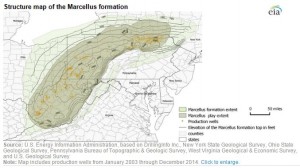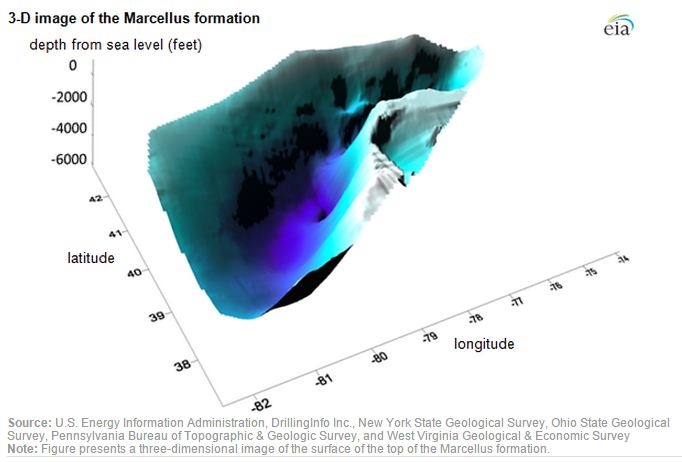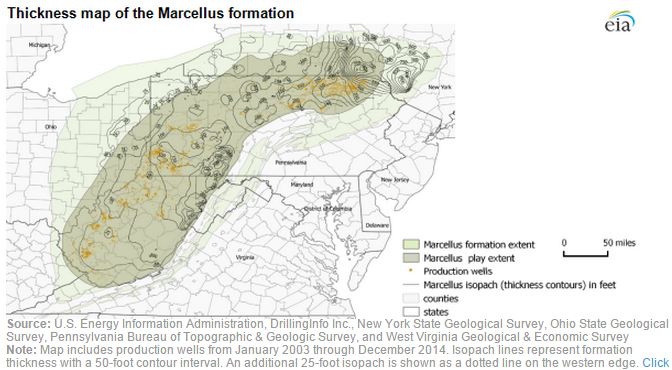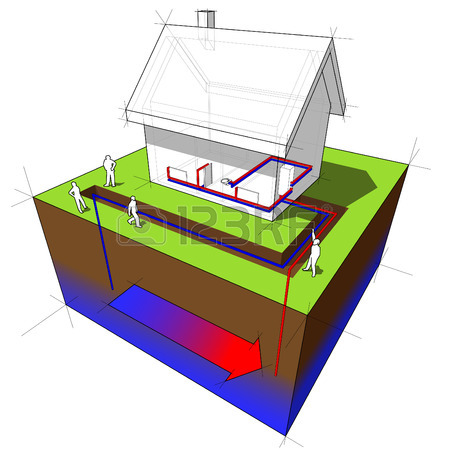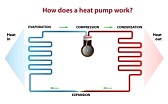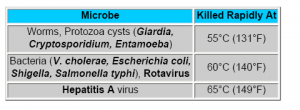Participated in a Panel Discussion at the request of Representative Frank Farina – I have not worked on the Invenenergy Project and I was requested to be available to answer questions related to geology, hydrogeology, water quality, regulatory process, environmental impacts, stormwater issues, and stream related matters. Prior to attending the event, I visited the site and reviewed the available soils, geologic, and water quality data. I attended the panel discussion with Q/A – a link to a series can be found at the following webportal. I strongly suggest you watch video 6.
During the Panel discussion the following questions were raised
1. How are discharge limits sets? The PADEP set the discharge limits for a facility based on the average and peak discharge flow, existing stream quality, existing stream flow, classification of the stream, and the nature of downgradient users.
2. Have the discharge limits been set? No -the discharge limits have not been set for the stream and the peak flow is 600,000 gpd and a potential average flow is 400,000 gpd.
3. Will the discharge adversely impact the stream? The process the PADEP uses is designed to have no adverse impact on the stream. The PADEP will set discharge limits to prevent and adverse impact on the stream or no impact on the stream depending on the stream quality and classification. For this project, a critical design parameter will be temperature and most likely the design of the outlet structure.
4. What chemicals will be used in the water treatment process? This can not be known until the PADEP sets the limits. The PADEP has a list of allowed chemicals that could be used and are pre-approved. The list is here. Note: This is a list of all the chemicals PADEP has approved for a variety of processes and projects and NOT This Project. This list is not project or site specific.
5. Is it possible that PADEP may set limits that are not attainable? This should not happen, but it may.
6. Limits are set via a NPDES permit process? This process will likely require daily monitoring of the treatment process (incoming water, within process, discharge water) – Certified water testing on a monthly basis – continuous flow monitoring and most likely consist monitoring of pH, temperature, conductivity, and oxygen. The monitoring program will likely include upstream and downstream monitoring of water quality and maybe flow.
7. Water Withdrawal ? Is there enough water ? It appears that the water company has been allocated sufficient water for the area. The allocation process is controlled by the SRBC (Susquehanna River Basin Commission). They regulate the initial water allocation, create a docket, and would have to approve any docket modifications. This may be a docket modification by the SRBC. This would be an excellent time to put in-place in-stream water quality monitoring for the watershed. It was suggested that in-stream monitoring with a web-portal to access daily was being considered.
8. In a drought what happens? SRBC controls allocation via the docket – plant would have to apply to provisions. If this means going off line to meet requirements – this is what would have to happen. The plant could attempt to develop some backup or supplemental sources.
9. Geology for the area ? Any issues ? There does appear to be some historic strip mining and soil mapping suggests some urban dumping. The bedrock is typical of the Llewellyn Formation (coal bearing formation) and the Pottsville Formation (sandstone). The area has no mapped sinkholes, faults, or known geologic hazards.
Video of the Event (20 separate videos – please watch Number 6)
https://www.youtube.com/watch?list=PLKfoQ6aX-A06NVXkLsZ4sbjRNSgCm9ogO&v=1CVr-Gvpenw
News Coverage
http://thetimes-tribune.com/news/business/jessup-power-plant-plan-latest-since-shale-boom-began-1.1532435
http://wnep.com/2015/03/31/action-16-is-invenergy-a-good-neighbor/
In Video 6 – I had to interpret a question because what the person was doing was not asking a question but stating a lie. For the record,
1. I have never sponsored an oil and gas energy event.
2. I have never sponsored an energy event dinner.
3. I did not attend the event in question, but I did get a free invitation to the event because I subscribe to an online newsletter about environmental and oil and gas issues through out the US. This free invitation was to the event only and I would have to pay for lunch. I did register, but I did not attend the event.
4. Rather than attending the event, I helped the DCNR with a program that was scheduled for the Tues before and Thursday after on environmental issues with natural gas development, but because a tour for a drilling site could not be set-up we did a tour and water testing of a salt water spring in Susquehanna County, PA.
5. As a fallout of the tour- we are in the process of raising funds to help purchase 3-Phosphate testing meters for the DCNR Program – estimated cost $ 2000.00. Send donations via this portal. The next $ 2K raised will go to buying the water quality meters.
Added Link to Article I found from Charlie Charlesworth on the event.
Everything we do began with an idea.
We have offered “Free” Assistance to this effort, but if you are a private well owner that needs assistance we are happy to help.
We realize your time is precious and the world is hectic. CCGG’s volunteers do only what they’re comfortable with. It can be a little or a lot. Get YOUR WATER Tested – Discounted Screening Tests !
For more information, please go to CCGG’s About Page or contact us. Follow us on Twitter
Keystone Clean Water Team is a 501(c)(3) IRS approved nonprofit, volunteer organization and your donation is tax deductible to the extent allowed by law. Unsolicited donations are appreciated (Helps us complete our mission), but we also do local educational workshops and local cellphone/small electronic recycling programs. If you would like to set up a program to help recycle cellphones at an event, business, or other organization. Through our program we can recycle cell phones, iPods, game systems, and small digital cameras. If your interested, please contact us. Our new PSAs.
Help the Organization and Get Your Water Tested or Order the Private Well Owner Guide (proceeds benefit This Organization). Keystone Clean Water Team!
